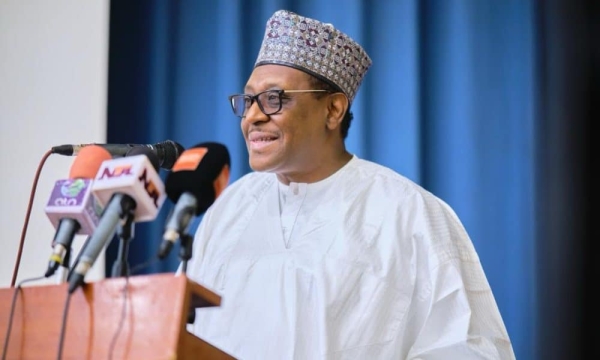The Federal Executive Council (FEC) has given the green light for the creation of MediPool, a national group purchasing organisation aimed at reducing the cost of critical medicines and healthcare supplies across Nigeria.
According to Coordinating Minister of Health and Social Welfare, Muhammad Ali Pate, this move is designed to make quality medicines more accessible to Nigerians while also supporting local pharmaceutical manufacturing.
Speaking after the FEC meeting, Pate explained that the initiative will function as a public-private partnership, using the federal government’s purchasing strength to negotiate lower prices from suppliers.
“So it’s using the monopsony power of government as a large buyer of those commodities to negotiate lower prices and then channel those commodities,” he said.
The scope of the initiative, according to Pate, includes procurement planning, supply chain logistics, distribution oversight, regulatory compliance, and quality control. In addition, the program will support domestic pharmaceutical production by promoting import substitution and encouraging investment in local manufacturing.
“It also covers import substitution, financial management and payment systems, capacity building and training, and contingency planning to ensure steady availability of essential drugs through public-private partnership,” thd Minister stated.
He noted that MediPool has already undergone scrutiny from the Infrastructure Concession Regulatory Commission and has been benchmarked against similar purchasing models in countries like Kenya, South Africa, Singapore, and Saudi Arabia.
“We believe that this is a major intervention that will shape the domestic market, so that the demand for quality pharmaceuticals can be channelled in a way that lowers cost and also improves quality and stimulates local manufacturing,” he added.
According to Pate, the administration has been working for more than a year to find strategies to ease the burden of rising drug prices on Nigerians.
“It’s not limited to Nigeria. As you may be aware, even countries as far as the United States are placing executive orders to reduce the cost of pharmaceuticals,” he said.
On Monday, U.S. President Donald Trump announced plans to sign an executive order aimed at slashing the cost of prescription drugs by as much as 30 to 80 percent.
Health experts warn that if pharmaceutical companies react to such price controls by adjusting supply chains or increasing prices elsewhere, countries like Nigeria may face challenges in accessing certain branded or specialised medicines.
In a separate development, the FEC also approved a ₦2.3 billion contract for the procurement and installation of a cardiac catheterisation lab at the Usman Danfodiyo University Teaching Hospital in Sokoto.
Pate said the new equipment would strengthen the facility’s ability to detect and treat complex cardiovascular issues, including heart attacks and arrhythmias.


